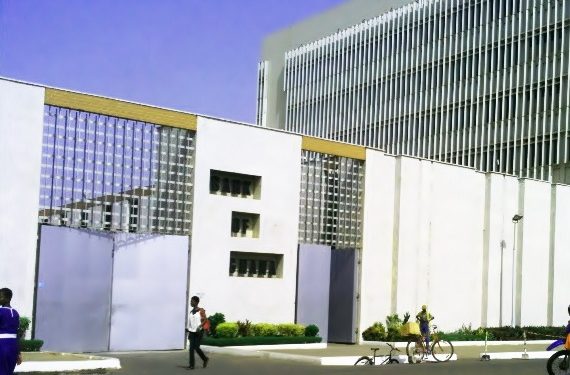Businesses remain optimistic about their growth prospects in 2022 on the back of improved conditions, the latest Bank of Ghana business confidence survey has shown.
The central bank’s latest business confidence survey in December 2021, which gauges the level of optimism among business managers, revealed a further improvement in sentiments to 98.4 following some declines during last year. However, this still remains lower compared to the sentiments which stood at 101.1 at the end of 2020.
Commenting on this, Governor of the Bank of Ghana, Dr. Ernest Addison, said in the 104th Monetary Policy Committee (MPC) report that: “The improved business sentiments were driven by the achievement of short-term company targets and optimism about companies’ growth prospects”.
Again, the bank’s updated Composite Index of Economic Activity (CIEA) recorded an annual growth of 10.2 percent in November 2021, compared with 11.9 percent in the corresponding period of 2020. The key drivers of economic activity during the period were increased industrial production, consumption, exports, construction activities and air-passenger arrivals.
Likewise, the Ghana Purchasing Managers Index (PMI), which gauges the rate of inventory accumulation by managers of private sector firms and measures dynamics in economic activity, increased four consecutive months in the second half of 2021 – a development that is consistent with the observation of a steady increase in economic activity.
The PMI came in at 51.8 in December, up from November’s 51. As such, the index moved further above the 50-threshold – signalling a faster improvement in business conditions compared to the previous month.
This business confidence indicator provides information on future developments based on opinion surveys of developments in production, orders and stocks of finished goods in the industry sector. It can be used to monitor output growth and anticipate turning points in economic activity. Numbers above 100 suggest an increased confidence in near-future business performance, and numbers below 100 indicate pessimism toward future performance.
Private Sector Credit
According to the BoG, credit performance improved marginally, consistent with gradual recovery in the real sector given that the COVID-19 regulatory policy measures were kept in place during 2021, which tentatively provided some support to banks’ lending activities.
Consequently, new advances extended by commercial banks to the economy was GH¢36.4billion, registering a growth of 6.8 percent compared with new advances of GH¢34.1billion extended in 2020.
Annual nominal growth in private sector credit increased to 11.2 percent in December 2021, compared with 10.6 percent in the corresponding period of 2020.
However, sustained price pressures (Inflation closing 2021 at 12.6 percent) weighed on real private sector credit contracted by 1.3 percent compared to a modest growth of 0.2 percent over the same comparative period.




